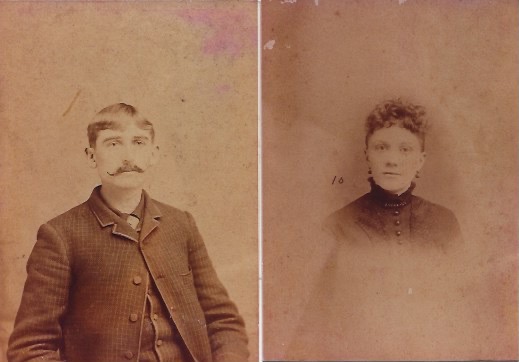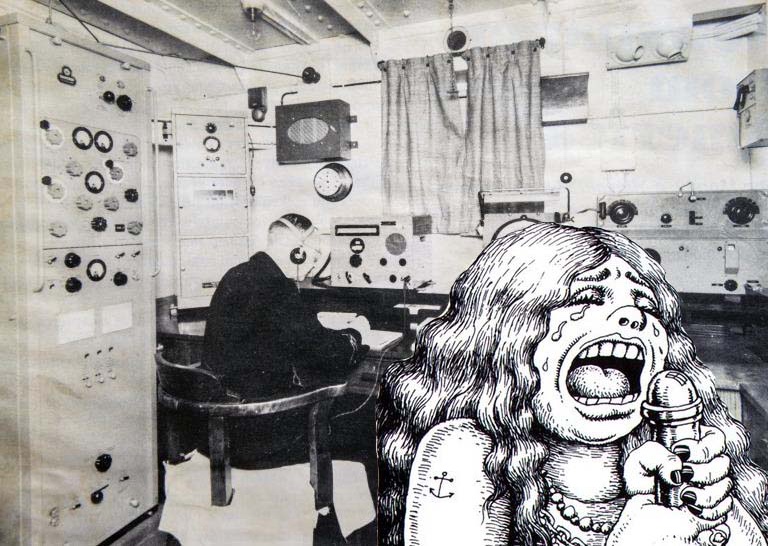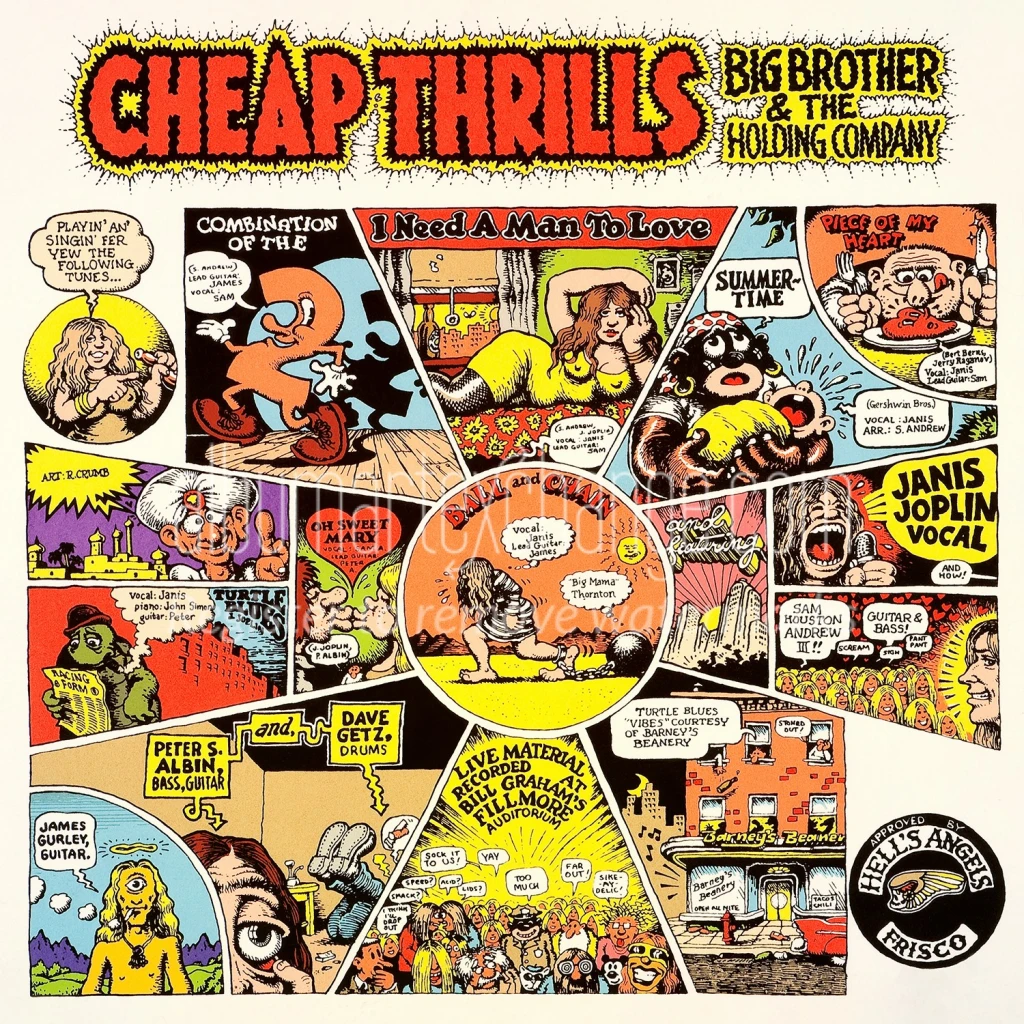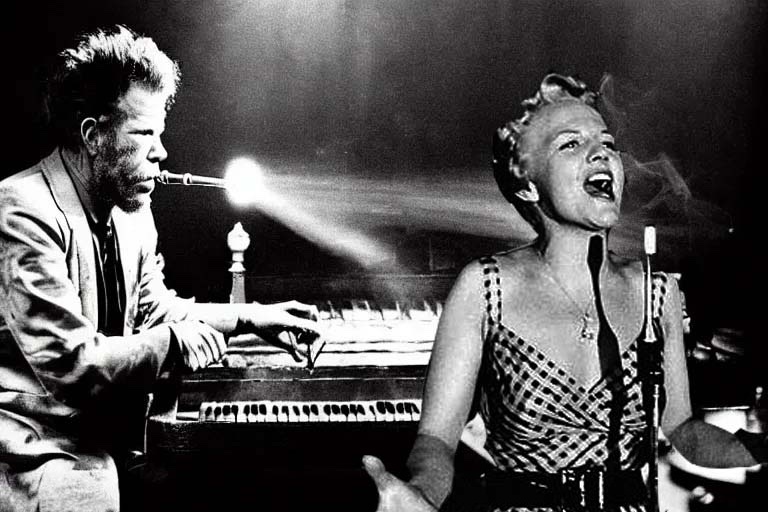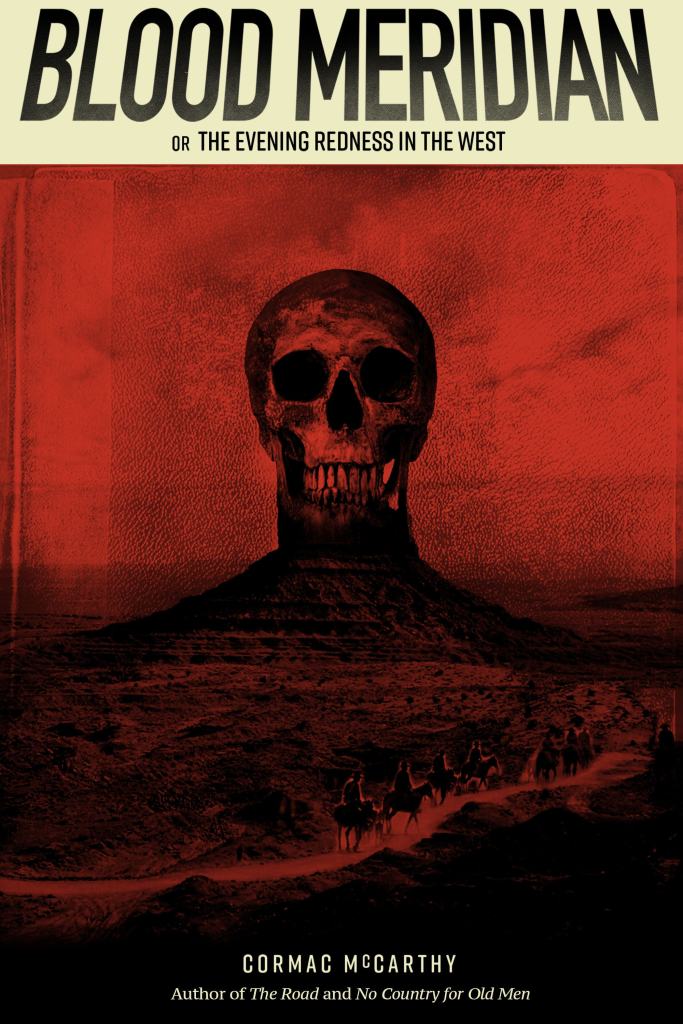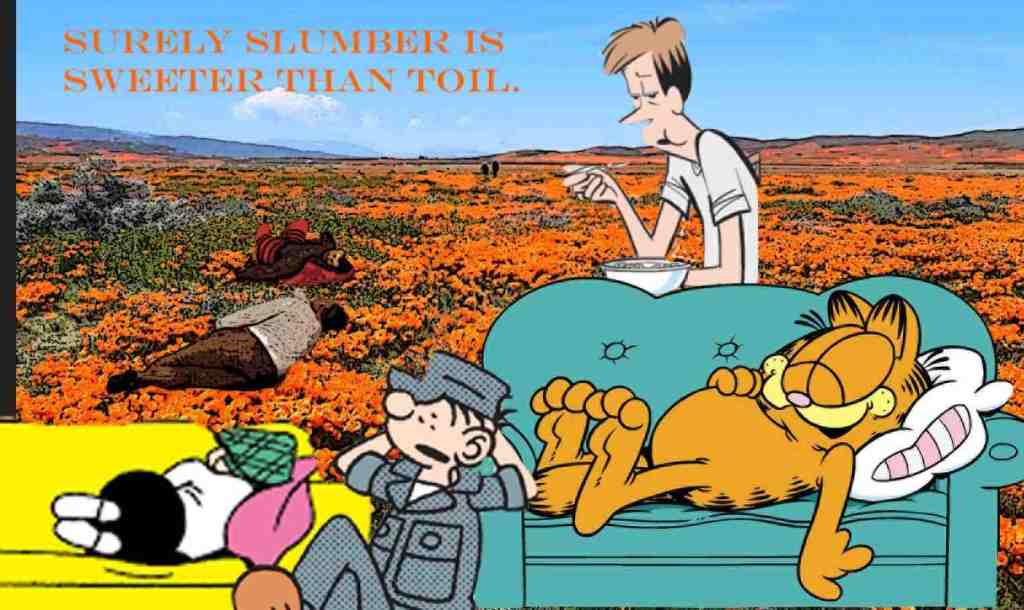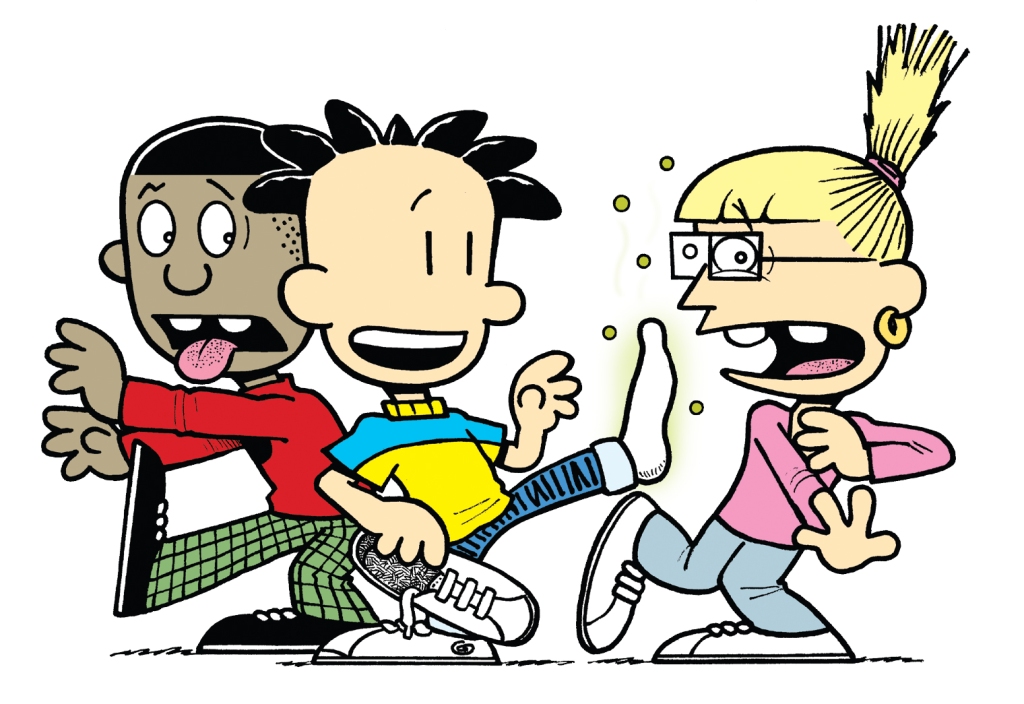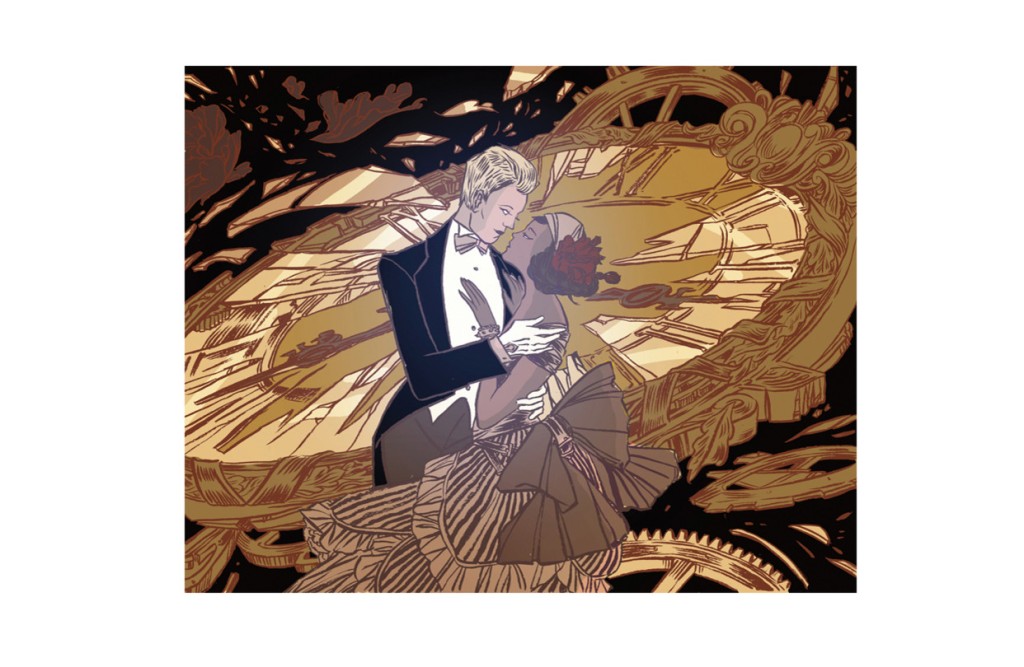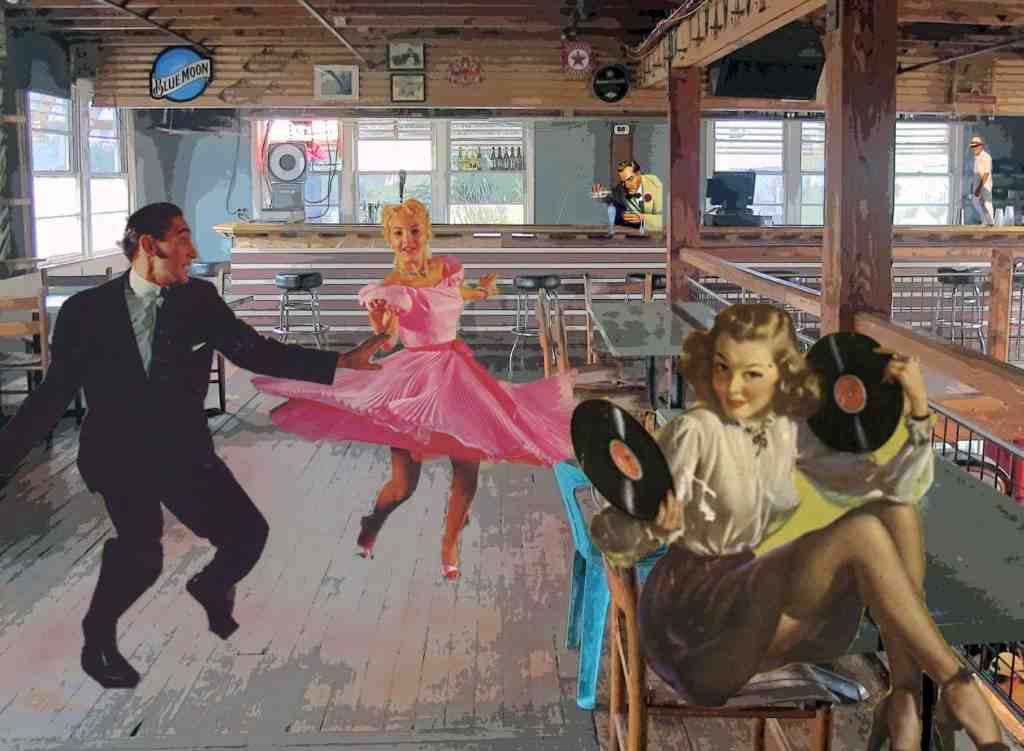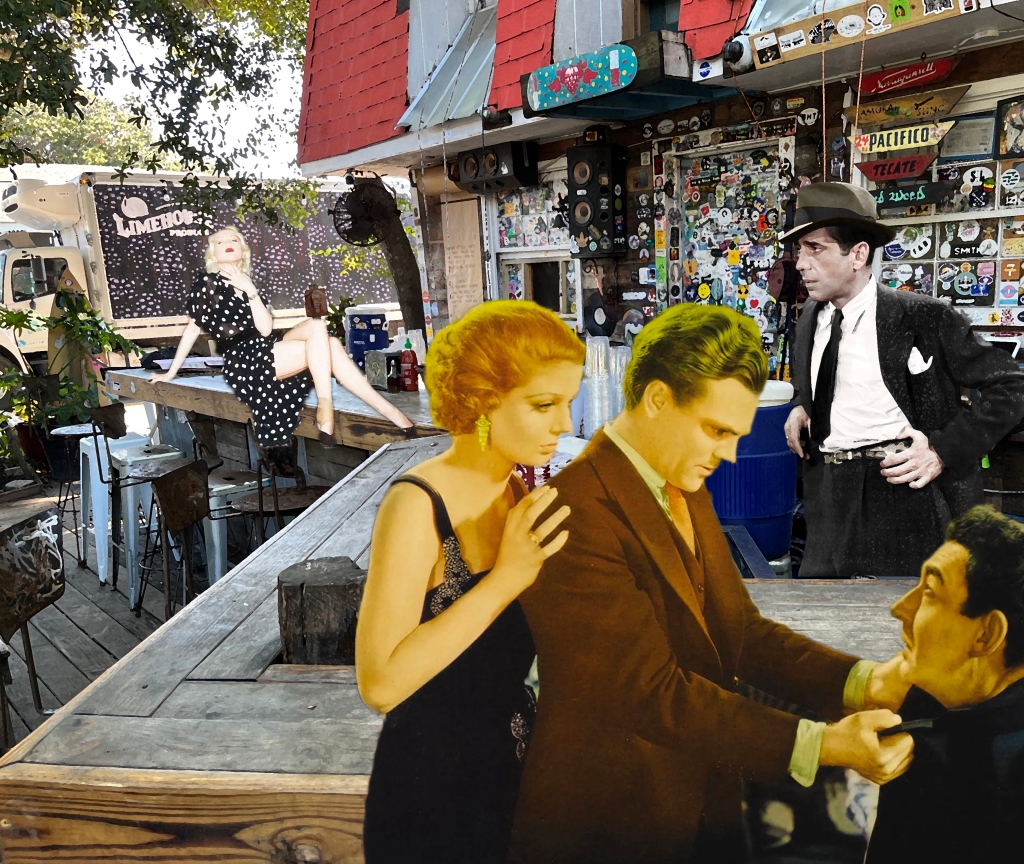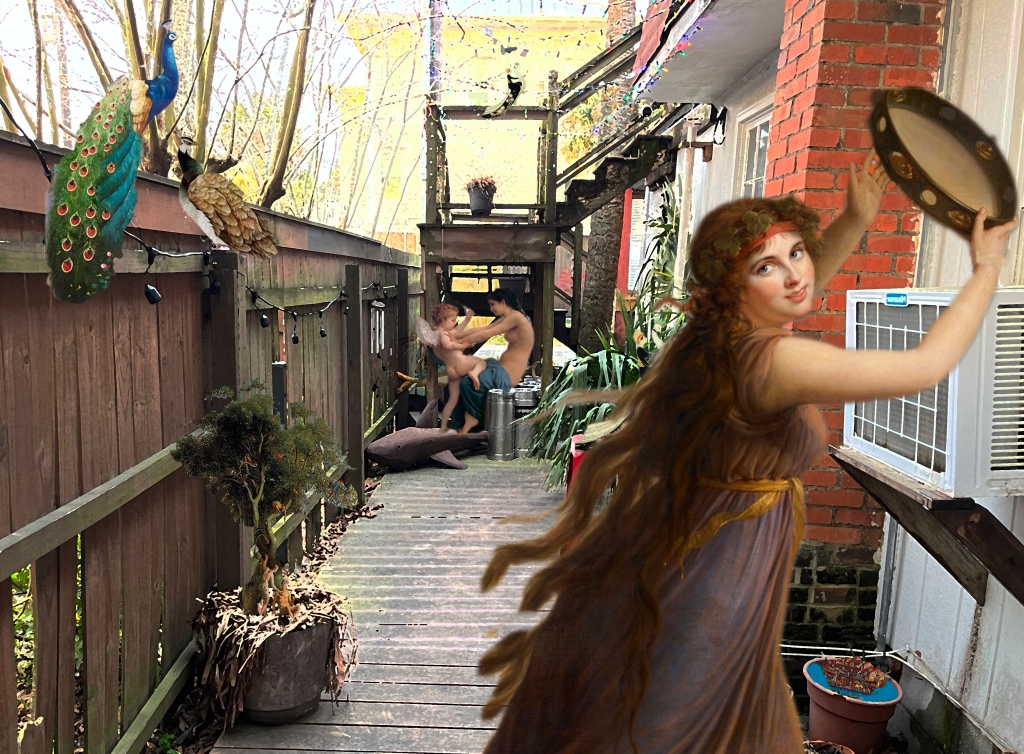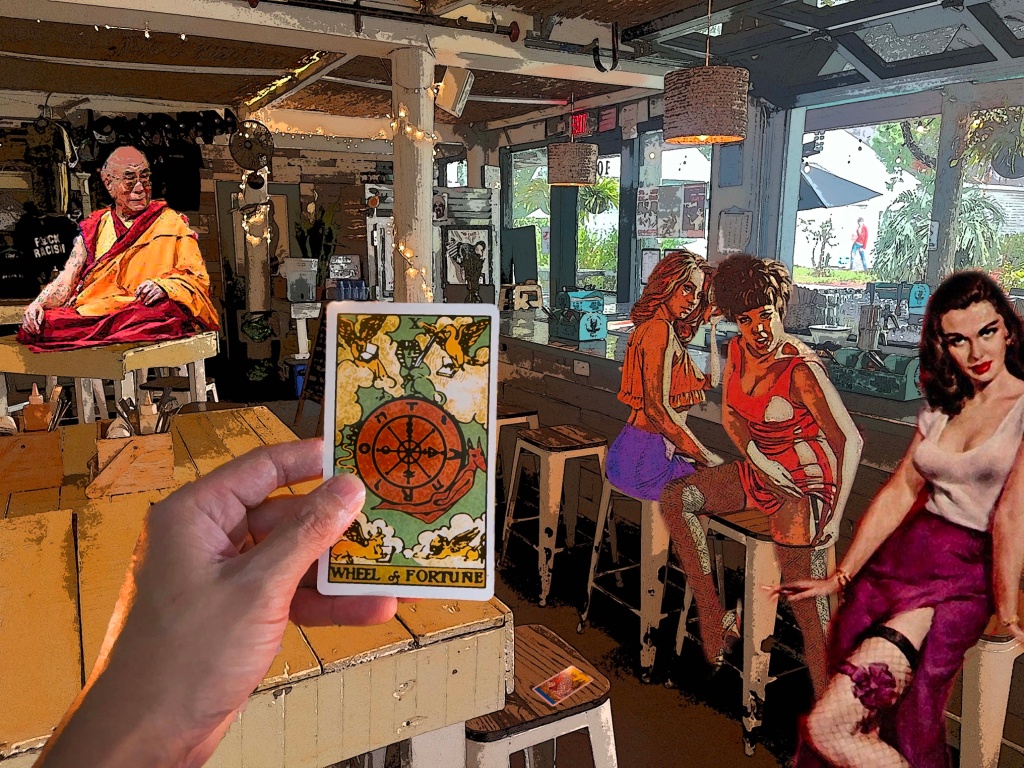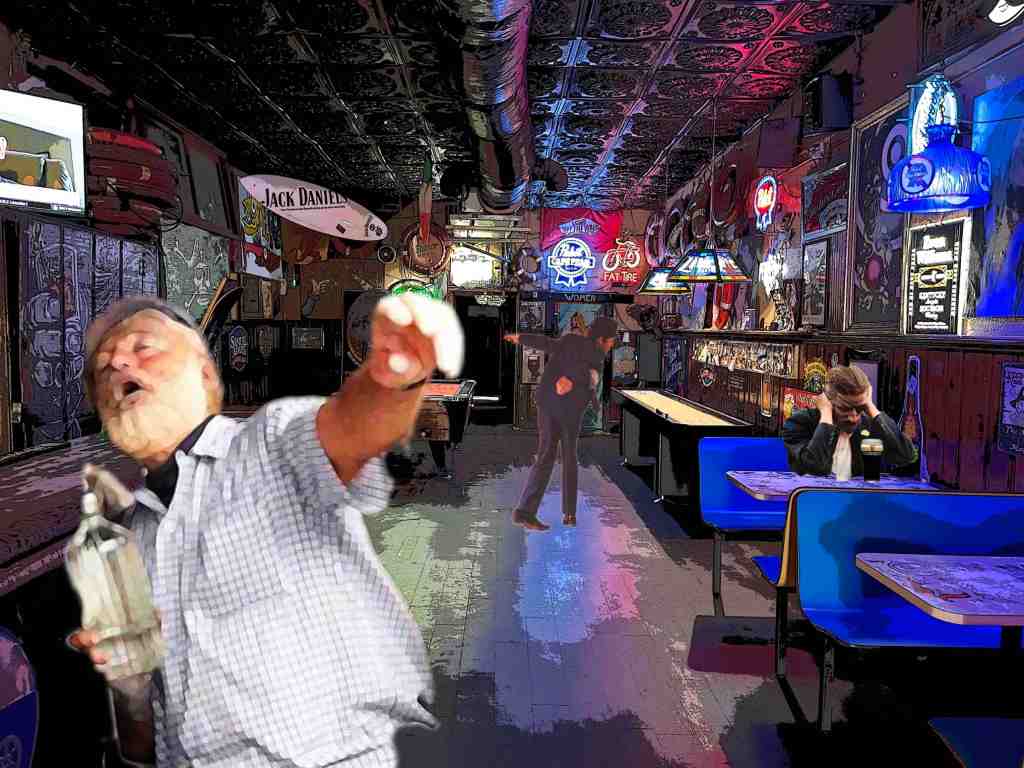In the last twenty or so years, parents have been opting for phonetic spellings for their children’s names, which often increases the number of letters needed to convey the sound of the name. The other day in the obituaries I ran across a survivor, a grandchild, whose first name was Kennidee. (I’m not sure of the pronunciation: Is it Kennedy or Ken-a-DEE?). I’m assuming Kennidee’s a girl because these cutesy spellings almost invariably are assigned to female names – Ashlee, Emmalee, Brandee, etc. Also, sometimes parents invert the vowels E and A to create a sort of Celtic look, rendering Haley as Haeley, for example.
Obviously, it’s none of my business what parents name their progeny, and I’m not claiming that my family’s names are particularly stellar. My maternal great grandparents, David and Minnie Fairey Hunt, named their daughters Ruby and Pearl, and Aunt Ruby named her daughter Zilla. Sister Pearl christened one of her sons Fairey, so his name ended up being Fairey Goodman, which sounds like a character in a nursery rhyme fantasy.[1] My own grandmother, the younger sister of Ruby and Pearl, was named Hazelwood Ursula Hunt, a mouthful, if you ask me, which became even more of a mouthful after she wed Jerome Kistler Blanton and became Hazelwood Ursula Hunt Blanton.[2]
Lewis David Hunt, born 1863; Minnie Anna Fairey Hunt, born 1873
Given that I’m a fiction writer, I’m in the business of naming characters, and for me it’s a lot of fun because I try to imbue my characters’ names with symbolic meaning. For example, I tagged the protagonists of a break-up story Abby Huffington and Ashton Gray, she quick to take offense, he as drab as sackcloth. In Today, Oh Boy, the main character’s Rusty Boykin’s name weds incompetence and immaturity, and conveniently Boykin is a traditional South Carolina surname.
His foil and eventual friend’s name is Ollie Wyborn, a transplant from Minnesota with Nordic roots. Ollie is an intellectual, a questioner, so I chose Wyborn to suggest that Ollie possessed a philosophical bent.
Anyway, it must be nice to have a distinctive name. For example, if you google Wesley Moore you get hundreds of thousands of hits, from the current governor of Maryland to Wesley Charles Moore serving 30 years in Michigan for child molestation. Wes Moore is about as distinctive a name as John Smith when you get down to it.
But I’m not complaining. I grew up around the corner from a girl named April Lynn Paris.
[1] I have a copy of the Fairey family tree. The first American Fairey’s name was John, born in Ireland in 1720 and killed at the Battle of Hanging Rock in 1780 during the American Revolution. When I first visited Ireland, I told the proprietor of the B&B where we were staying that some of my ancestors came from Ireland, the Faireys, and he looked at me as if I were daft and said, “Now, there’s a name I’ve not heard of.”
[2] Grandmama Hazel wanted to name my mother Barbara Ursula, but the doctor talked her into shortening it to Bobbi Sue, a name my mother detested because she considered it way too country cute.
